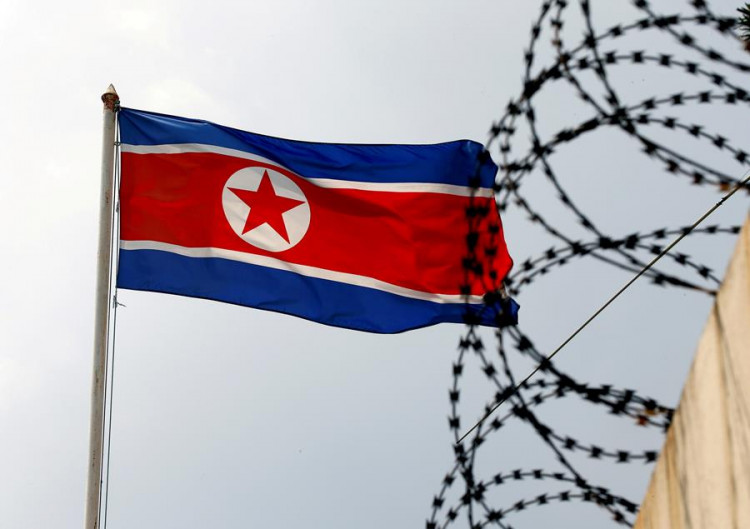South Korea's military fired warning shots on Monday after approximately 10 North Korean soldiers crossed the heavily fortified border that separates the two countries, an incident that underscores rising tensions on the Korean Peninsula amid political instability in Seoul and continued provocations from Pyongyang.
According to the South's Joint Chiefs of Staff, the intrusion occurred at around 5 p.m. local time in the eastern section of the Demilitarized Zone (DMZ). Following warning broadcasts and live warning shots, the North Korean troops-some reportedly armed and wearing bulletproof vests-returned across the Military Demarcation Line without further incident.
"Our military issued warnings and fired warning shots, and the North Korean soldiers retreated," a South Korean Joint Chiefs of Staff official told reporters. "We are closely observing the North's military status and taking necessary measures to plan our strategy."
The motive behind the latest incursion remains unclear. South Korean defense officials have previously downplayed similar incidents, such as one in June 2024, which was assessed as unintentional. Officials at the time concluded the soldiers had likely crossed by mistake while carrying construction equipment in an area where dense vegetation obscures boundary markings.
Still, Monday's border violation came at a time of heightened alert. South Korea is currently grappling with a leadership vacuum following the ouster of President Yoon Suk Yeol last week. Yoon was removed from office after imposing martial law in response to widespread protests, a controversial move that drew criticism domestically and abroad.
The political uncertainty in Seoul has added a new layer of complexity to the region's security dynamics, especially as North Korean leader Kim Jong Un continues to escalate tensions with weapons testing and overtures toward Russia.
Kim has strengthened ties with Russian President Vladimir Putin and remains unresponsive to repeated diplomatic overtures from U.S. President Donald Trump, who has stated since his inauguration on January 20 that he is open to reviving talks with Pyongyang. North Korea has yet to respond, instead accusing the U.S. of deepening hostile policies.
The DMZ, a 155-mile-long and 2.5-mile-wide buffer zone established under the 1953 Korean War armistice, remains one of the most militarized areas in the world. It is lined with barbed wire, tank traps, and an estimated 2 million landmines, with thousands of combat troops stationed on both sides.
South Korea's military said it is maintaining heightened vigilance following the incident, which it labeled a "serious provocation." No shots were exchanged beyond the warning fire, and no injuries were reported. The government has not issued any statement suggesting further escalation, but military readiness has been increased.
Animosities between the Koreas have been on the rise in recent months, driven by North Korea's growing military assertiveness and the deterioration of inter-Korean relations. Kim has continued to expand the country's nuclear weapons program while refusing all denuclearization dialogue with the U.S. or South Korea.




